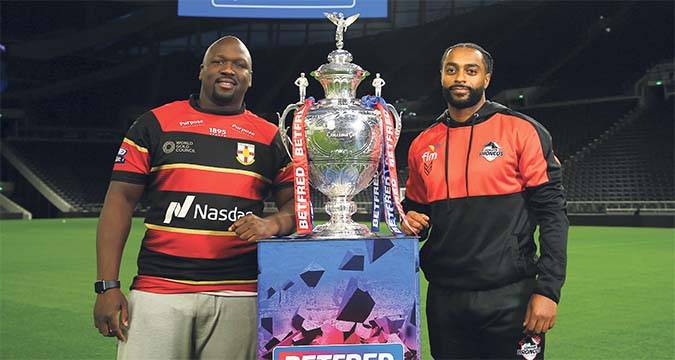 Can't live with them, can't live without them...
The relationship between London's two professional Rugby League clubs has always been interesting.
On some levels, the Broncos and the Skolars complement each other - for example, when players flit between the two - but on others, they are competitors.
There are those who see a significant p
Can't live with them, can't live without them...
The relationship between London's two professional Rugby League clubs has always been interesting.
On some levels, the Broncos and the Skolars complement each other - for example, when players flit between the two - but on others, they are competitors.
There are those who see a significant p Championship Focus: Rugby League’s struggles in London
 Can't live with them, can't live without them...
The relationship between London's two professional Rugby League clubs has always been interesting.
On some levels, the Broncos and the Skolars complement each other - for example, when players flit between the two - but on others, they are competitors.
There are those who see a significant p
Can't live with them, can't live without them...
The relationship between London's two professional Rugby League clubs has always been interesting.
On some levels, the Broncos and the Skolars complement each other - for example, when players flit between the two - but on others, they are competitors.
There are those who see a significant p 